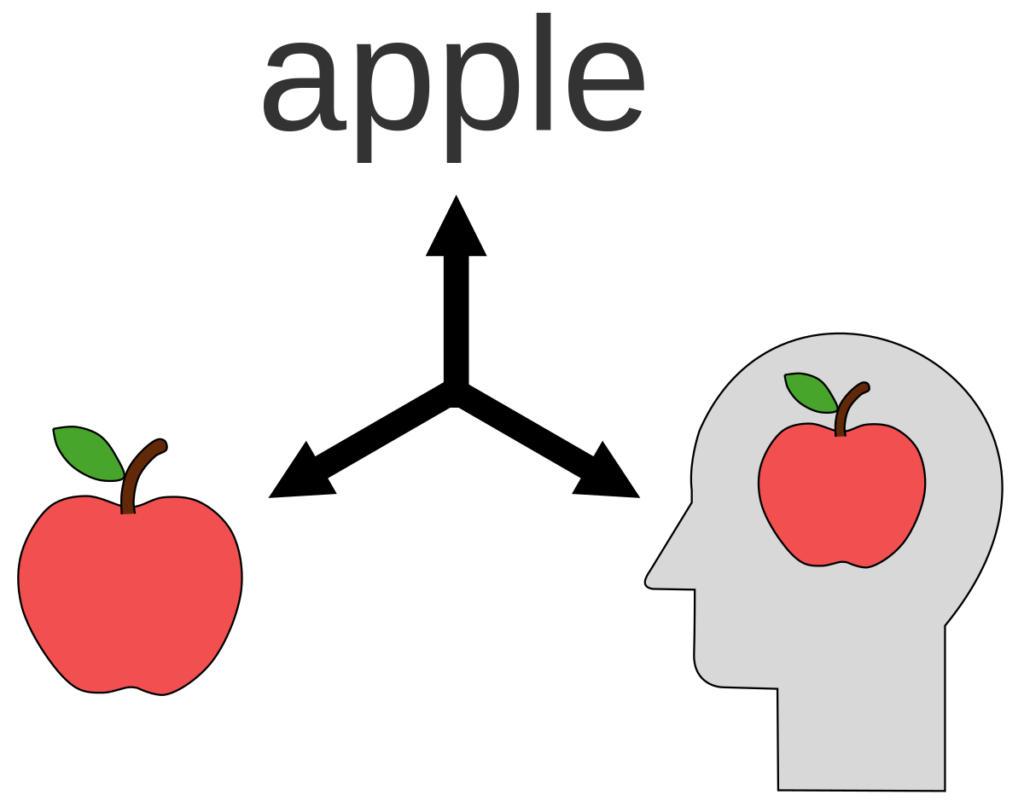The English language is a labyrinth of complexity, with its diverse vocabulary and unique linguistic features. Among these linguistic curiosities are words ending in “j,” a relatively uncommon occurrence in the English lexicon.
In this article, we embark on a journey to explore the enigmatic realm of words that conclude with the letter “j.” From their origins to their usage, we delve into the fascinating world of these linguistic outliers.
Origins and Etymology:
The origins of words ending in “j” can be traced back to various linguistic sources. Many of these words have their roots in languages such as Arabic, Turkish, and Urdu, where the letter “j” holds significance. For example, the word “hajj,” referring to the Islamic pilgrimage to Mecca, derives from Arabic.
Similarly, “raj,” meaning rule or sovereignty, finds its origins in Sanskrit and Persian. These etymological connections highlight the diverse linguistic influences that have shaped the English language over centuries.
Read: university rochester professor missing
Semantic Significance:

Words ending in “j” often carry specific semantic connotations, adding depth and nuance to the language. Take, for instance, the word “muj,” a term used in South Asian cultures to refer to a woman’s veil.
Beyond its literal meaning, “muj” embodies cultural significance, representing concepts of modesty and tradition.
Similarly, the word “hadj,” derived from Arabic, denotes the honorific title given to someone who has completed the Hajj pilgrimage, symbolizing spiritual fulfillment and reverence within the Islamic faith. Thus, words ending in “j” not only contribute to linguistic diversity but also encapsulate rich cultural and semantic dimensions.
Usage and Application:
While words ending in “j” may be less prevalent in everyday speech, they find specific usage in various contexts. For instance, in legal terminology, the term “hadj” is employed to refer to the necessary quantity or number required to make an action legally valid.
Additionally, words like “fuji,” referring to a type of apple, or “moj,” a slang term for a refreshing drink, are used in specific domains such as horticulture or colloquial language.
Despite their niche usage, words ending in “j” play a crucial role in adding diversity and specificity to the English vocabulary.
Challenges and Intricacies:
The rarity of words ending in “j” presents certain challenges in both pronunciation and comprehension. The pronunciation of these words may vary depending on the speaker’s linguistic background, leading to potential misunderstandings or misinterpretations.
Moreover, the limited usage of such words in everyday communication may render them unfamiliar to many speakers, further complicating their understanding and integration into discourse.
However, these challenges also offer opportunities for linguistic exploration and enrichment, encouraging individuals to delve deeper into the intricacies of language.
Historical Evolution:

The historical evolution of words ending in “j” unveils intriguing narratives of cultural exchange and linguistic assimilation. Tracing the trajectory of these words from their origins to their integration into the English lexicon provides valuable insights into the dynamic nature of language.
For instance, the incorporation of terms like “hadj” or “rajj” into English reflects centuries-old interactions with Arabic and Sanskrit cultures, highlighting the intricate interplay between languages and civilizations.
Regional Variations and Dialectical Usage:
The usage of words ending in “j” exhibits notable regional variations and dialectical nuances, enriching the linguistic landscape with diverse expressions and idiomatic peculiarities.
While some words may be more commonly encountered in specific geographical regions or cultural communities, others might be preserved within particular dialects or vernacular speech.
Exploring these regional variations sheds light on the localized dynamics of language and the role of geography in shaping linguistic identity.
Linguistic Borrowings and Cultural Assimilation:
Words ending in “j” often serve as linguistic borrowings, reflecting processes of cultural assimilation and cross-cultural exchange.
As English continues to evolve as a global language, it continually absorbs vocabulary from diverse linguistic traditions, including Arabic, Turkish, and South Asian languages.
Through the assimilation of these words, English not only expands its lexical repertoire but also fosters connections between disparate cultures, facilitating intercultural communication and understanding.
Contemporary Usage in Popular Culture:

In contemporary popular culture, words ending in “j” occasionally make appearances in various forms of media, ranging from literature and music to film and television. Whether as evocative literary devices or catchy song lyrics, these words add a touch of novelty and intrigue to creative expressions.
Analyzing their usage in popular culture provides valuable insights into current linguistic trends and the evolving nature of language within modern society.
Specialized Terminology and Technical Jargon:
Within specialized fields such as science, technology, and academia, words ending in “j” often assume the role of technical jargon, denoting specific concepts, phenomena, or processes. From terms like “hajj” in religious studies to “fuj” in botany, these words serve as precise descriptors within their respective domains, facilitating communication among experts and scholars.
Understanding their usage within specialized contexts enhances comprehension and fosters interdisciplinary knowledge exchange.
Read: 5 Factors to Choose an Alcohol Detox Center Near Me
Symbolism and Literary Significance:
In the realm of literature and poetry, words ending in “j” may carry symbolic significance or literary resonance, imbuing texts with layers of meaning and metaphorical depth.
Whether employed as allegorical motifs or poetic devices, these words contribute to the aesthetic richness and expressive versatility of literary works.
Exploring their symbolic connotations and literary usage unveils the profound impact of language on artistic expression and cultural interpretation.
Navigating Pronunciation Challenges:

The pronunciation of words ending in “j” presents a unique set of challenges for speakers, requiring careful navigation of phonetic intricacies and linguistic nuances.
Due to the relative rarity of these words in everyday discourse, their pronunciation may not be immediately intuitive to all speakers, leading to potential mispronunciations or phonetic uncertainties. Exploring the phonological patterns and articulatory processes associated with words ending in “j” elucidates the complexities of English pronunciation and fosters greater clarity in verbal communication.
Conclusion:
In conclusion, words ending in “j” offer a captivating glimpse into the multifaceted nature of the English language. From their diverse origins and semantic nuances to their specialized usage and pronunciation intricacies, these words serve as testament to the richness and complexity of linguistic evolution.
As we unravel the mysteries of words ending in “j,” we not only expand our vocabulary but also gain a deeper appreciation for the cultural, historical, and linguistic tapestry that shapes our communication.
Read Also:


